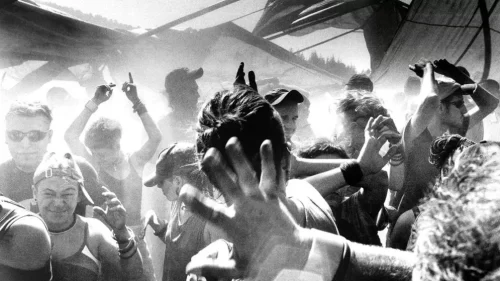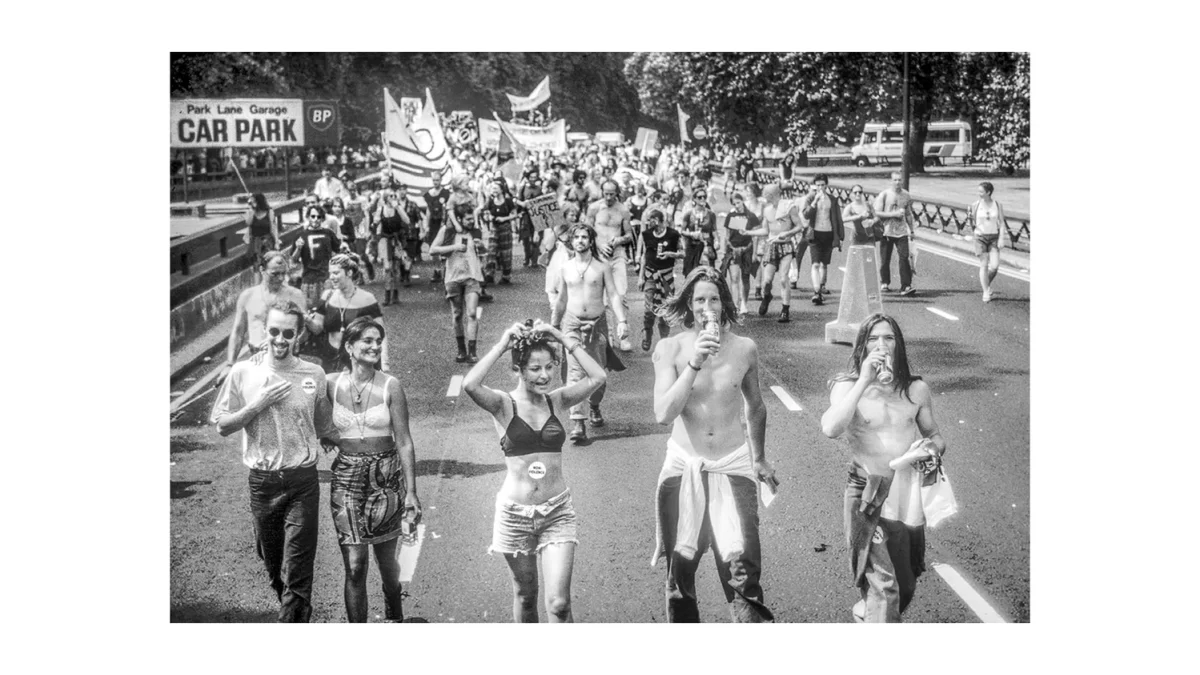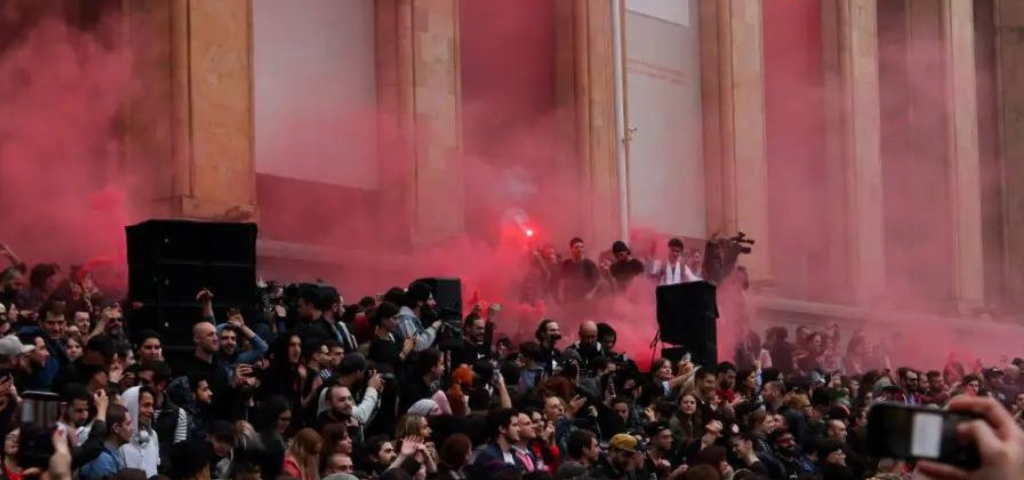
An Ode to Wire: Club Closures and Cultural Loss
May 1, 2024
Memorable movements ’24 : Time Flies X Art of Dark
May 30, 2024As the infamous Criminal Justice Bill turns 30, we ask whether or not electronic music can be considered "political".
This month marks 30 years since the announcement of the criminal justice bill.
A reaction by lawmakers to a slew of notorious illegal parties, the legislation targeted events soundtracked “By the emission of a succession of repetitive beats", granting police power to remove party-goers, preparing to rave or mid dance. The bill is significant not just because of the effect it had on youth and club culture in the 90s but because of the Government’s intent behind it.
Those that see electronic music and club culture as an escape might groan when someone bangs on about the political nature of the genre they love. On the face of it there’s really nothing political about having a handful of shout-in-the-ear “conversations” over the sound of kick-drums and, bar a few exceptions (See Chris Korda), there’s nothing explicitly political when it comes to bleeps and bloops. But the act of momentary escapism can be political, and the ‘anti-rave’ criminal justice bill really demonstrated that.

Credit: Mattia Zoppellaro
As Grace Sands expresses in this fine feature by Harold Heath the bill was a “knee-jerk reaction from an establishment shit-scared that 'we’ — a mixed bunch of townies, crusties, clubbers, ravers, gays and straights — could organise ourselves that well”. What were these kids "organising" themselves into? A structure turning its back collectively on 20 years of Conservative rule, economic recession and soaring unemployment? It’s entirely possible.
There’s of course more going on here. As one criminal solicitor at the time remarked “What the government needs is an enemy within, they want a target group and want to appear to be tough in relation to law and order” with a 1997 election looming. It’s also important to point out that ravers weren’t the only targets of a bill which also aimed its sights on protesters, travellers and squatters.
Regardless, the free party scene was the linchpin for a piece of legislation that would do more to erode civil liberties in the UK than any since the second world war. Protests followed, filling London with a coalition of ravers, civil activists and down right weirdos. Impromptu art installations were built, sound systems were set up in the shadow of Westminster Abbey and a 'people's court' was established in the front garden of Micheal Howard's home. These were demonstrations that would go on to influence the likes of Occupy and JustStopOil decades later.

Credit: Matt Smith
That was thirty years ago, and you’d be forgiven for thinking a genre commercialised as much as "EDM" can’t be politically charged, but it still can. Of course we wouldn’t suggest that a night spent on E’s at the Warehouse Project is a political statement, although indirect Saudi investment into the Manchester party demonstrates the long tentacles of soft power and geopolitics. But, lovers of club culture and electronic music around the globe don’t have to be pushed far before turning to dance as meaningful political action. The 2018 Georgian demonstrations in Tbilisi that followed police raids on nightclubs serve as the most poignant reminder.
Here, dancers, protesting alongside mighty sound systems and mean, pummelling techno clashed with far right nationalists throughout the summer months, bringing the country to "the brink of civil war". The protests culminated in the resignation of then prime minister Giorgi Kvirikashvili, and the passing of liberal drug legislation, a key demand of the left, angry that their nightclubs had been subject to such aggressive police force in the name of a new drug war.
But what about closer to home? Whilst nothing can touch the Georgian example or the protests that followed the criminal justice bill 30 years ago, an easy place to look for "the political" would be the very structure of parties and "collectives" in the UK. These often function as flat hierarchies, breaking from typical organisations in capitalist societies. In clubland, throwing a knees up at high personal time expense without a profit incentive is a phenomenon largely isolated to underground electronic music events. It might seem strange to call a bunch of mates collectively doing it ‘for the love’ and without hierarchy “political”, but it certainly flies in the face of the neoliberal order, which puts high value on individualism and free market capital.
This might all be unnecessarily theoretical. However, recent legislation in Chechnya banning all music above 116 BPM, or the seemingly successful anti-autobahn demonstrations in Berlin might do more to prove my point - electronic music might not be explicitly political, but it can be a force of change or a source of authoritarian angst, even in 2024.


